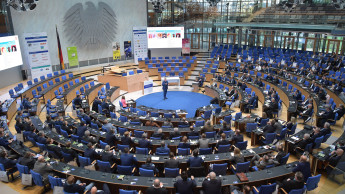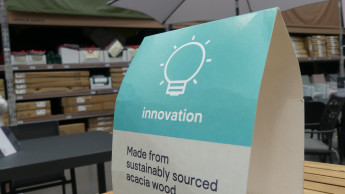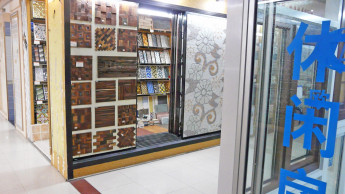His theory foresees a continuing wave of consolidation sweep through western Europe as a result of the ever-increasing rate of globalisation, for in comparison with the United Kingdom, where there are now only three big operators left, many other countries have yet to reach their critical mass. He felt the “big boxes” were in general developing well, only the diagnosis for Germany pointed to too many DIY superstores with far too much retail area, quite a few of which are now unprofitable. In his eyes, globalisation means space management above all, not only a streamlining of the supplier base. Mr Lowe is fully convinced that the DIY store format of the future will cover four main areas: DIY, garden, decoration and building materials. Which is exactly what Baumax is now implementing in the chain’s revamped stores.
About 350 delegates from 15 countries came to Brussels for the event.
A second speaker from the ranks of commerce was Juan José Jaen, president of the growing Spanish buying cooperative Bricogroup, who presented a review of the development of the organisation and of the Spanish market as well. This seems to be promising, provided it continues to progress as in the last two years, when there has been market growth of seven per cent. The modern sales outlets are meeting with ever greater consumer acceptance. However, he emphasised the difficulties arising for those wanting to deal with the Spanish market with one standard franchising or multiple concept, since there are considerable differences between the north and the south of the country.
What retailers can do to make their stores more attractive, and what new starting point is necessary for achieving this, was spelled out by Diane Nijs, director of the “Imagineering Academy” and founder member of the Belgian management…









